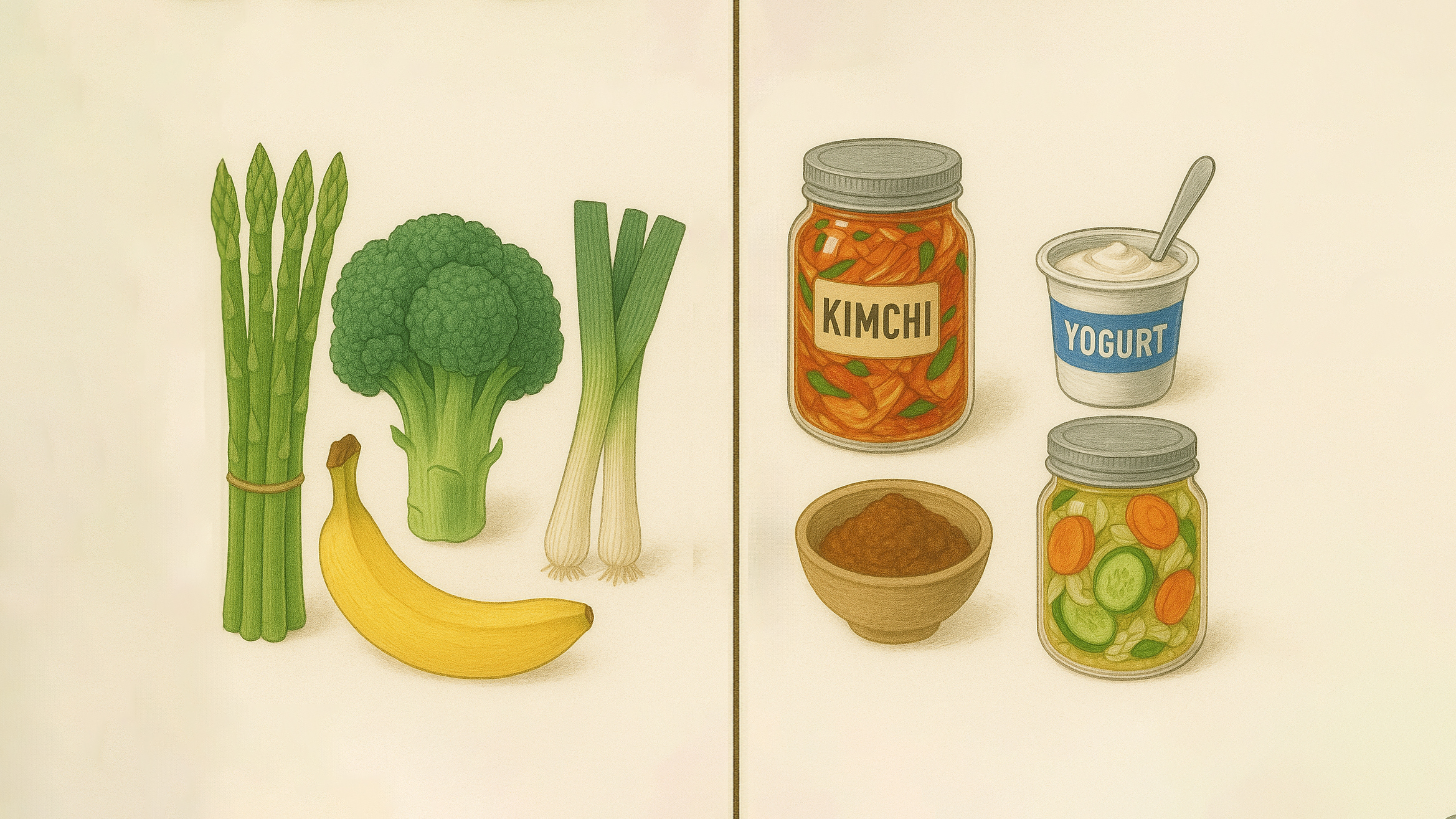Good or bad, a lot has been said about probiotics. Investigations involving them can often report contradictory results. Now, two new studies have sparked controversy and debate. Once again, probiotics are in the headlines. Are they ineffective? Useless? Money down the drain? GUTXY is here to help you make sense of it all.
Scientists from the Israeli Weizmann Institute followed small groups of healthy individuals that consumed one type of probiotic supplement¹. The supplement contained 11 strains of “good” bacteria. The research was inspired by the conflicting reports on the efficacy of probiotics².
The study could determine that not everyone would benefit from the current probiotic regimens due to a personalized resistance to probiotics. Furthermore, the resistance could be predicted by the individual features of the gut microbiome³.
These findings will help us understand how microbiomes interact with the external probiotic bacteria, and discover ways to maximize the benefits of probiotics. Despite that, the results of the study are limited to small number of healthy people and did not include people with digestive issues.
It’s Personal
It turns out that our individual microbiome is the main factor impacting the ability of probiotic bacteria to colonize the gut. This comes as no surprise, given we already know of numerous other ever-changing roles our microbiomes play – such as having a say in why we react differently to food and supplements4.
The capacity of gut bacteria to resist addition of new species calls for the transition from a generic ‘‘one-size-fits-all’’ probiotics regimens to the development of new personalized probiotics. Another study by the same researchers demonstrated that compared to generic probiotics the personalized probiotic approaches are far superior in the reconstruction of microbiome diversity after use of antibiotics5.
The studies did not question the ability of “good” probiotic bacteria to mediate health benefits, but aimed instead to investigate how probiotics populate human microbiome and what can prevent them from doing that.
Benefits of Probiotics According to the Current Research:6
- Prevent and treat of obesity7
- Prevent infections8
- Prevent and treat gastrointestinal disorders (e.g. IBS)9
- Manipulate the gastrointestinal microbiome10,11
- Prevent and treat certain skin conditions12
What The Future Holds
The individual ineffectiveness of probiotics may seem like bad news, but it is actually essential for understanding why some of us have microbial communities that prevent probiotic bacteria from successfully populating the gut. This knowledge will allow us to overcome the resistance and mediate the positive effects of probiotics on people who currently see no benefits.
In turn, the improved diagnostics will allow scientists to develop successful therapies of live-bacteria colonization of the gut in both healthy microbiomes and a variety of microbiome-associated conditions.



